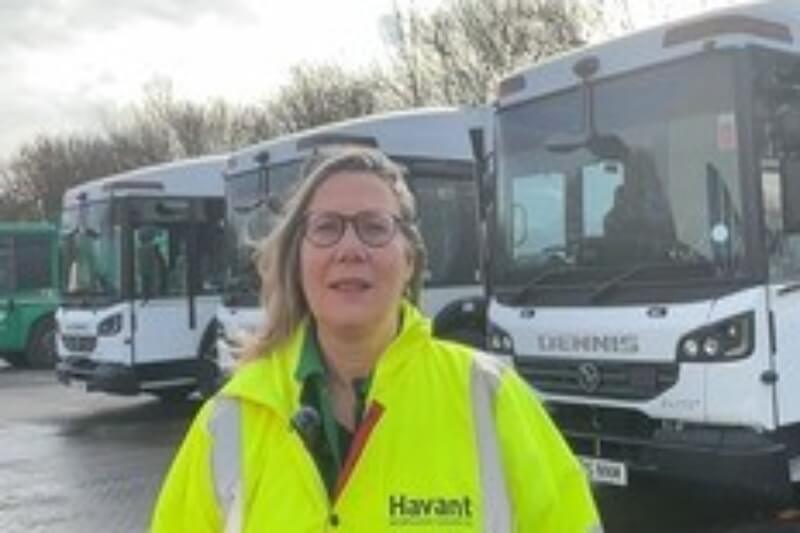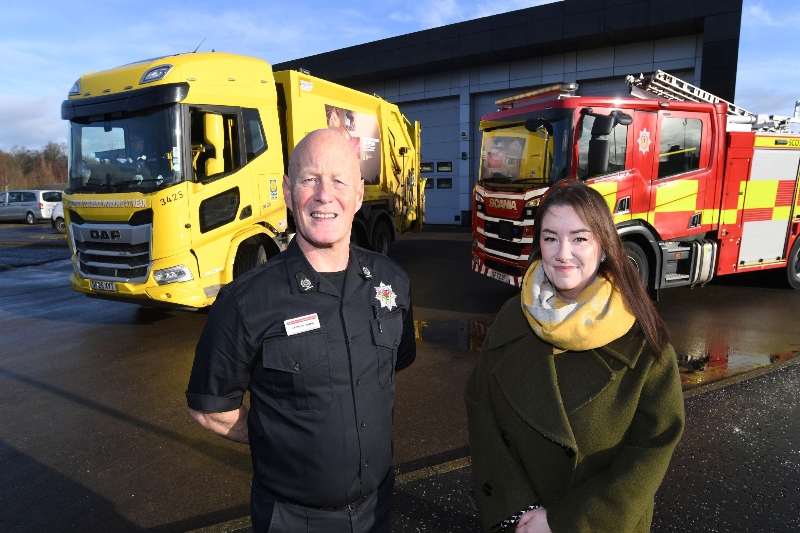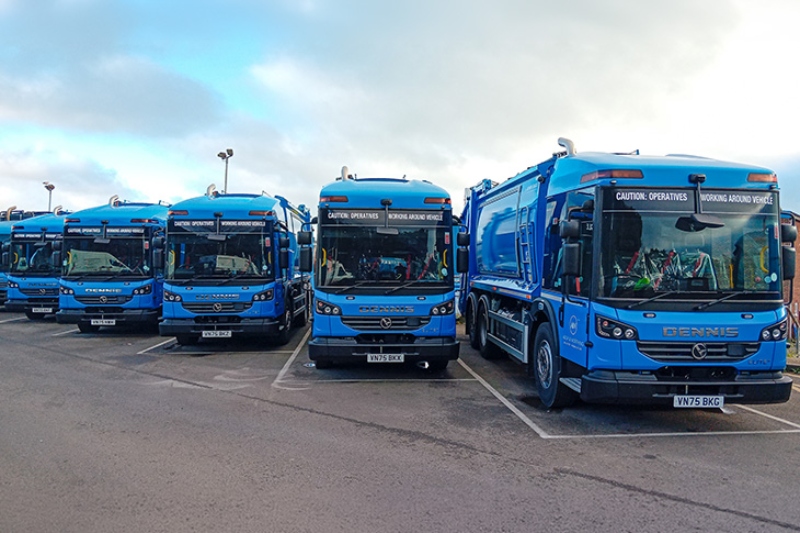The Government has announced that it is investing £3.4m in wireless charging technology trials at taxi ranks in Nottingham.
Ten Nissan and LEVC electric taxis in Nottingham will be fitted with wireless charging hardware for six months to trial taxi rank-based charging.
The council will own the vehicles and provide them to drivers rent free.
Wireless charging means multiple taxis can recharge at once and could provide an alternative to plugs and chargepoints.
Electrifying taxi fleets in congested city areas is crucial to bringing down transport emissions and tackling air pollution. However, the time taken to charge could reduce a taxi driver’s earning potential.
Installing wireless chargers at taxi ranks offers drivers the chance to recharge while waiting for passengers.
The technology, allowing for shorter and more frequent bursts of charging, will also benefit cars with smaller batteries, ending ‘range anxiety’ for drivers.
‘Nottingham is excited to host the trial of this new type of innovative charging technology, keeping us ahead of the pack, and helping to promote cleaner taxis in our city and potentially take us a further step forward towards our goal of being carbon neutral by 2028,’ said Cllr Longford, deputy leader at Nottingham City Council.
'Taxi drivers up and down the country are at the vanguard of the electric vehicle revolution, playing a leading role in reducing air pollution in our city centres where people live, shop and work,’ said transport secretary Grant Shapps.
‘New wireless technology will make using an electric taxi quicker and more convenient, allowing drivers to charge up at taxi ranks before heading off with their next passenger.’
Andrea Leadsom, secretary of state for business, energy and industrial strategy commented: ‘Charging technology, including wireless, is vital in giving consumers confidence to make the switch from petrol to electric cars.
‘This pioneering trial in Nottingham, and others like it, will help us take crucial steps towards lower emissions and cleaner air.’






